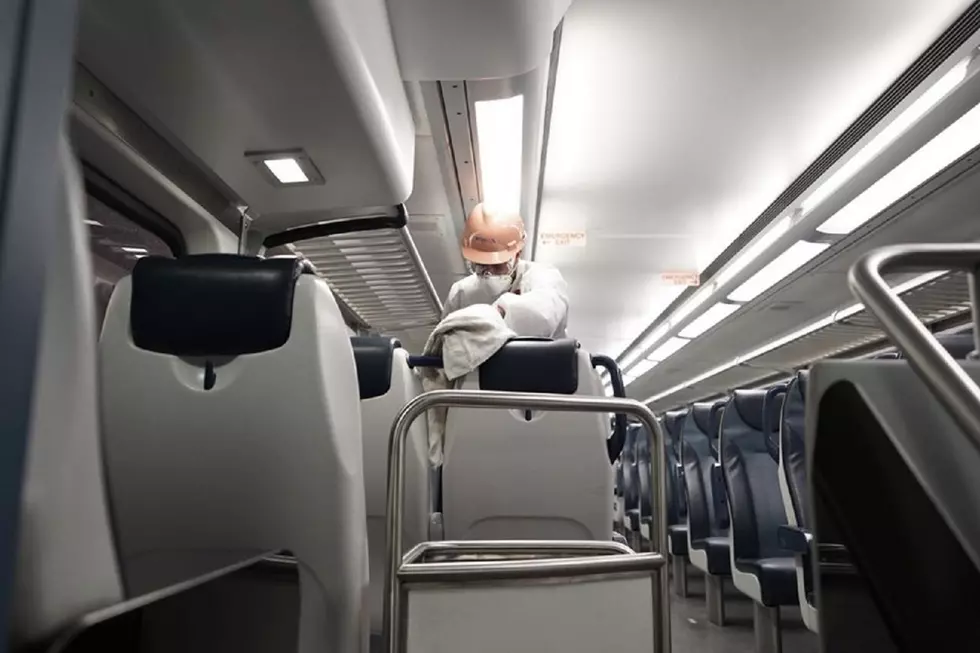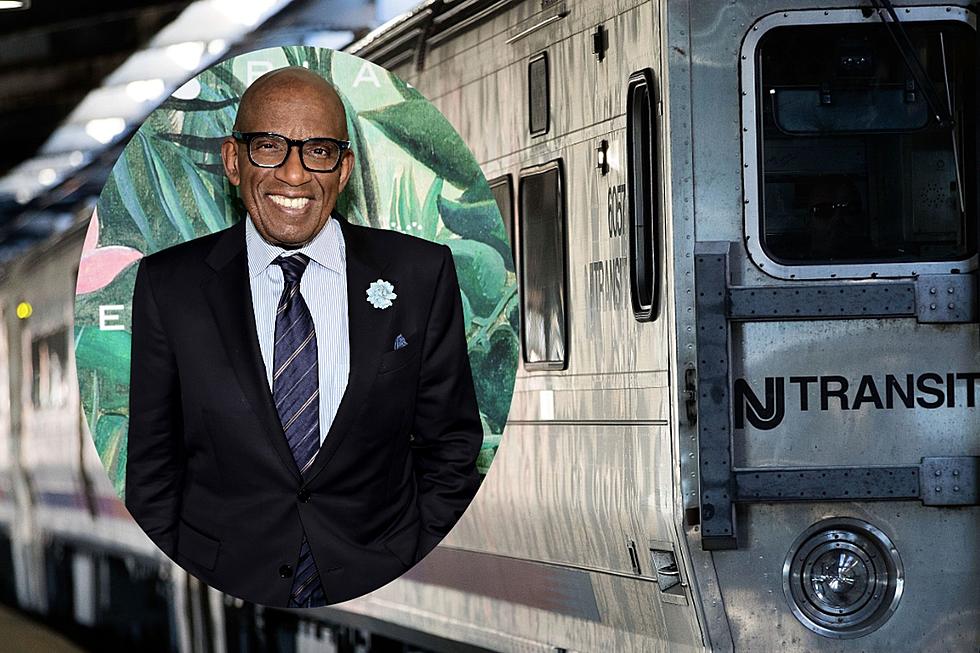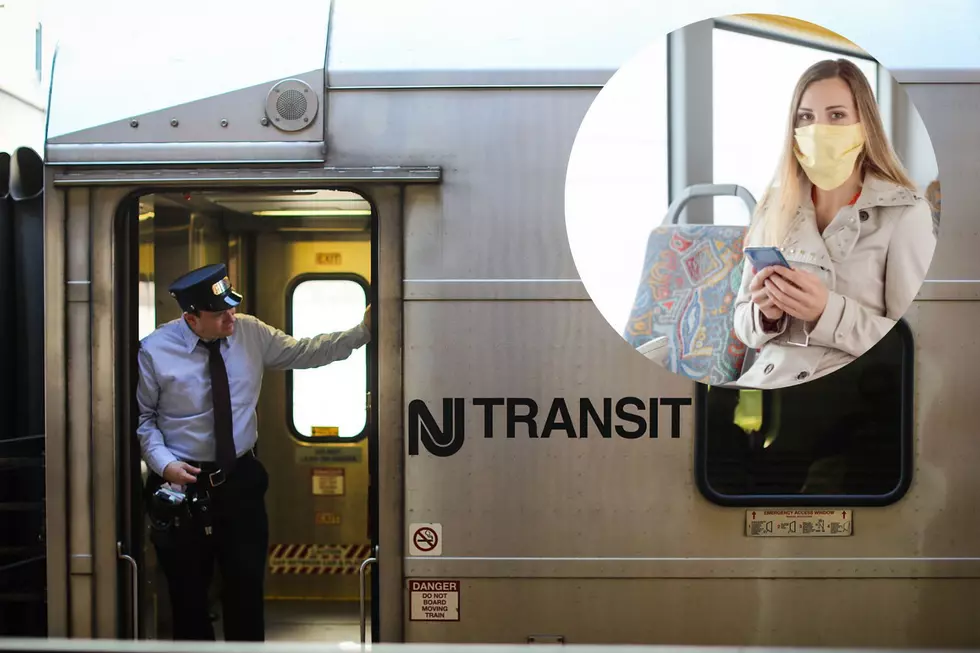
Why NJ Transit’s chief says ridership will ‘absolutely’ recover
TRENTON – Mass transit commuting plunged by more than 90% at the height of the coronavirus pandemic and has only partially recovered, but the head of NJ Transit remains confident it will fully return to prior levels eventually.
It will take years, but NJ Transit chief executive Kevin Corbett said he is “absolutely” sure it will happen – largely because he’s heard the inaccurate predictions of gloom and doom before.
“After 9/11, you may recall, people said, ‘Oh, no one’s going to work in New York, and they’re not going to build a building more than five stories tall,’” Corbett said. “Then we had Sandy. We had the Great Recession. And it keeps coming back.”
Last April and May, Corbett said, only essential workers such as those at hospitals or warehouse distribution centers were taking NJ Transit buses and trains. He said numbers rebounded some last summer, then dipped but are rising again.
“On the bus side, we’re over 50, 55% average ridership,” Corbett said. “Less into New York and Philadelphia, Until the central business districts get back, that’s going to be a while. But intrastate has been higher than that, so it averages 55%. Same on the light rail side.
“Transit rail service, that’s around 25,” he said. “We’ve really seen in the last few weeks where it was sort of in that 20 range – 18, 20, 22 – we’ve now seen steadily, we see it picking up 25, 26% and not dipping down on certain days. We’ve really seen that pick up as people get vaccinated and are coming back.”
The 2022 fiscal year budget assumes 60% ridership, with full ridership not expected until after 2025.
"Patterns may change, and we're going to be monitoring that, but ultimately we expect that there's not a lot of room left on the highways so as business activity comes up, we expect our ridership will come back," Corbett said.
Transportation Commissioner Diane Gutierrez-Scaccetti said vehicular traffic has nearly completely recovered from the depths of a year ago.
“Traffic on the state highway system is almost normal,” Gutierrez-Scaccetti said. “And traffic on the toll roads is also close to returning entirely.”
“If you look at the road traffic that we see now, even with people not going back into New York and Philly, the offices not being open, you look at how crowded the roads are already,” Corbett said. “So, a lot of those are probably our riders, realistically.”
NJ Transit is able to pay its bills and continue operating due to multiple rounds of federal aid that will continue for the next few years. Sen. Steve Oroho, R-Sussex, said the agency needs to look at how it can help private bus carriers survive the pandemic, too.
“Something that represents a third of our transportation system – I kind of doubt that if they’re not able to continue, we’re not going to be able to backfill a third of our capacity through NJ Transit,” Oroho said.
Corbett said private carriers essentially get free buses from the agency and receive capital dollars but not operating subsidies. That means they’re not eligible for the pool of funds the federal government is providing public transit agencies, but there is a separate $2 billion established for private carriers.
“There is a $2 billion program, but we understand working with the private carriers and our congressional delegation that the U.S. Department of Treasury has not given the parameters of how they can access that $2 billion,” Corbett said. “So, we’re working with them on that.”
Michael Symons is State House bureau chief for New Jersey 101.5. Contact him at michael.symons@townsquaremedia.com.
Perv doctors, masseurs in NJ: Lost licenses for sexual misconduct
LOOK: 30 fascinating facts about sleep in the animal kingdom
More From New Jersey 101.5 FM









